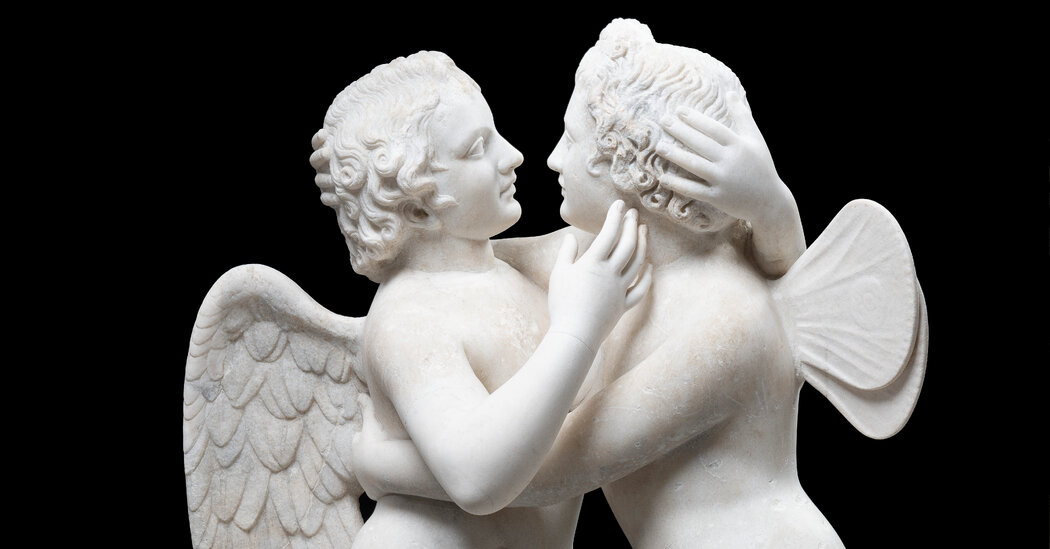
Is it a cold or is it hay fever? The key differences explained
As the tell-tale signs of sneezing and sniffling fill the air, many are left wondering: is it a common cold or the dreaded hay fever?
With pollen levels steadily climbing, distinguishing between the two can be tricky, but crucial for effective symptom management.
We know that a cold is caused by a virus and hay fever by allergens in the atmosphere, but often the symptoms seem the same.
To help navigate this seasonal confusion, we spoke with Dr Chun Tang who highlighted the key differences between these often-confused ailments.
Are there specific triggers for hay fever that don’t apply to a cold?
“A cold is caused by a virus, usually a rhinovirus, which spreads through coughs, sneezes, or touching contaminated surfaces,” explains Tang. “Whereas hay fever is an allergic reaction to airborne allergens like pollen, dust mites, or pet dander.
“The key difference is that colds are infectious, while hay fever is triggered by allergens in the environment.”
What are the typical symptoms of hay fever?
“Both conditions can cause sneezing, a runny or blocked nose, and general fatigue,” highlights Tang.
However, there are some key telltale differences to be aware of.
“Hay fever is more likely to cause itchy eyes, throat, and nose, along with watery eyes,” explains Tang. “A cold, on the other hand, often comes with a sore throat, cough, and sometimes a fever, which hay fever doesn’t usually cause.”
The onset of hay fever also tends to be much faster than a cold.
“Hay fever can come on quite suddenly, especially when pollen levels spike,” says Tang. “One moment you’re fine, and the next, your nose is streaming.
“A cold, however, tends to build up gradually over a few days, starting with mild symptoms before peaking.”
Hay fever symptoms are also typically much more persistent.
“A cold usually lasts a week or two, as your immune system fights off the virus,” says Tang. “Hay fever, unfortunately, can persist for weeks or even months, depending on how long you’re exposed to the allergen, especially during peak pollen seasons.”
Can you experience hay fever and a cold at the same time?

“Yes, and it can be pretty miserable,” says Tang. “If you have hay fever and catch a cold, your symptoms may feel worse because your immune system is already in overdrive reacting to allergens.
“You might notice extra congestion, fatigue, or an increase in sneezing and coughing.”
Are there any tests that can identify if it’s hay fever or a cold?
“If you’re unsure, allergy tests can confirm hay fever by checking for reactions to common allergens,” says Tang. “A cold doesn’t have a specific test, but your doctor can usually diagnose it based on your symptoms.
“If you have a fever, aches, and feel run down, it’s more likely to be a cold than hay fever.”
How to treat both conditions
These two sniffly conditions require different treatments.
“Hay fever is best managed with antihistamines, nasal sprays, and avoiding triggers like pollen or pet hair,” says Tang. “There are also hay fever treatments that can ease symptoms.”
A cold, however, needs rest, hydration, and over-the-counter remedies.
“For example, decongestants and throat lozenges can help ease symptoms while your body fights off the virus,” says Tang. “When in doubt, speak to your doctor for the best treatment advice.”










